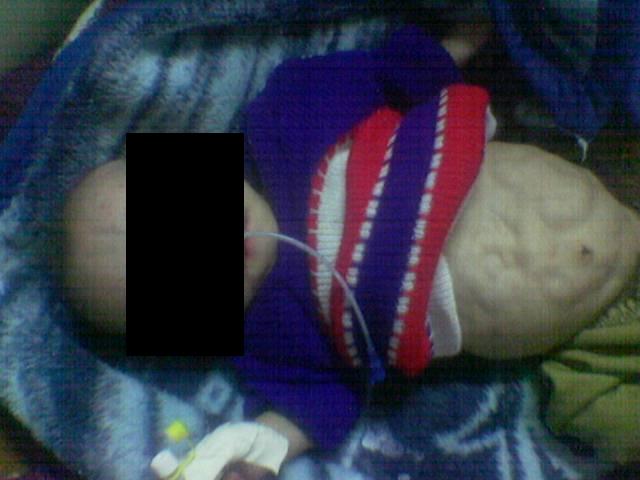
What Is Prune Belly Syndrome?
Prune Belly Syndrome (PBS), also known as Eagle-Barrett syndrome, is a rare congenital disorder characterized by a triad of abnormalities: partial or complete absence of abdominal muscles (resulting in a wrinkled or “prune-like” appearance of the abdomen), undescended testicles (cryptorchidism), and urinary tract malformations. This syndrome predominantly affects males, with an estimated incidence of 1 in 30,000 to 40,000 live births.
Causes of prune belly syndrome:
The exact cause of Prune Belly Syndrome remains unclear, although several theories have been proposed. Some researchers believe that PBS results from a defect in the development of the abdominal wall muscles during embryonic growth, leading to the characteristic abdominal wall laxity. Others suggest that urinary tract abnormalities may occur early in fetal development, contributing to the syndrome’s manifestations.
Clinical Presentation:
PBS presents with a spectrum of severity, ranging from mild to severe cases. In severe cases, the abdominal wall muscles are almost entirely absent, resulting in a markedly distended abdomen resembling a prune. Additionally, affected individuals may have:
- Cryptorchidism: Failure of one or both testicles to descend into the scrotum.
- Urinary Tract Anomalies: These can include hydronephrosis (enlargement of the kidneys due to urine backup), hydroureter (dilation of the ureters), vesicoureteral reflux (backward flow of urine from the bladder to the kidneys), and other structural abnormalities of the urinary tract.
Diagnosis of prune belly syndrome:
The diagnosis of PBS is typically made based on clinical findings and imaging studies such as ultrasound or magnetic resonance imaging (MRI). Prenatal ultrasound may detect characteristic features of PBS, allowing for early diagnosis and management. Additionally, genetic testing may be performed to identify any associated chromosomal abnormalities or genetic mutations.
Management and Treatment:
Treatment of PBS is often multidisciplinary and tailored to the individual’s specific needs. Management may include:
- Surgical correction of abdominal wall defects: In severe cases, reconstructive surgery may be necessary to improve abdominal wall function and appearance.
- Orchiopexy: Surgical placement of undescended testicles into the scrotum to prevent complications such as infertility and testicular cancer.
- Urinary tract interventions: Treatment of urinary tract abnormalities may involve the use of antibiotics to prevent urinary tract infections, surgical correction of anatomical defects, and long-term monitoring of kidney function.
Prognosis of prune belly syndrome:
The prognosis for individuals with PBS varies depending on the severity of the condition and associated complications. While some individuals may lead relatively normal lives with appropriate medical and surgical interventions, others may experience significant health challenges and long-term complications. Early diagnosis, comprehensive medical care, and ongoing support from healthcare professionals are essential for optimizing outcomes and improving quality of life for individuals with PBS.
Summary:
Prune Belly Syndrome is a complex congenital disorder characterized by abdominal wall laxity, undescended testicles, and urinary tract abnormalities. Although rare, PBS poses significant challenges for affected individuals and their families.
Read Another Article: Health Benefits of Aparajita

